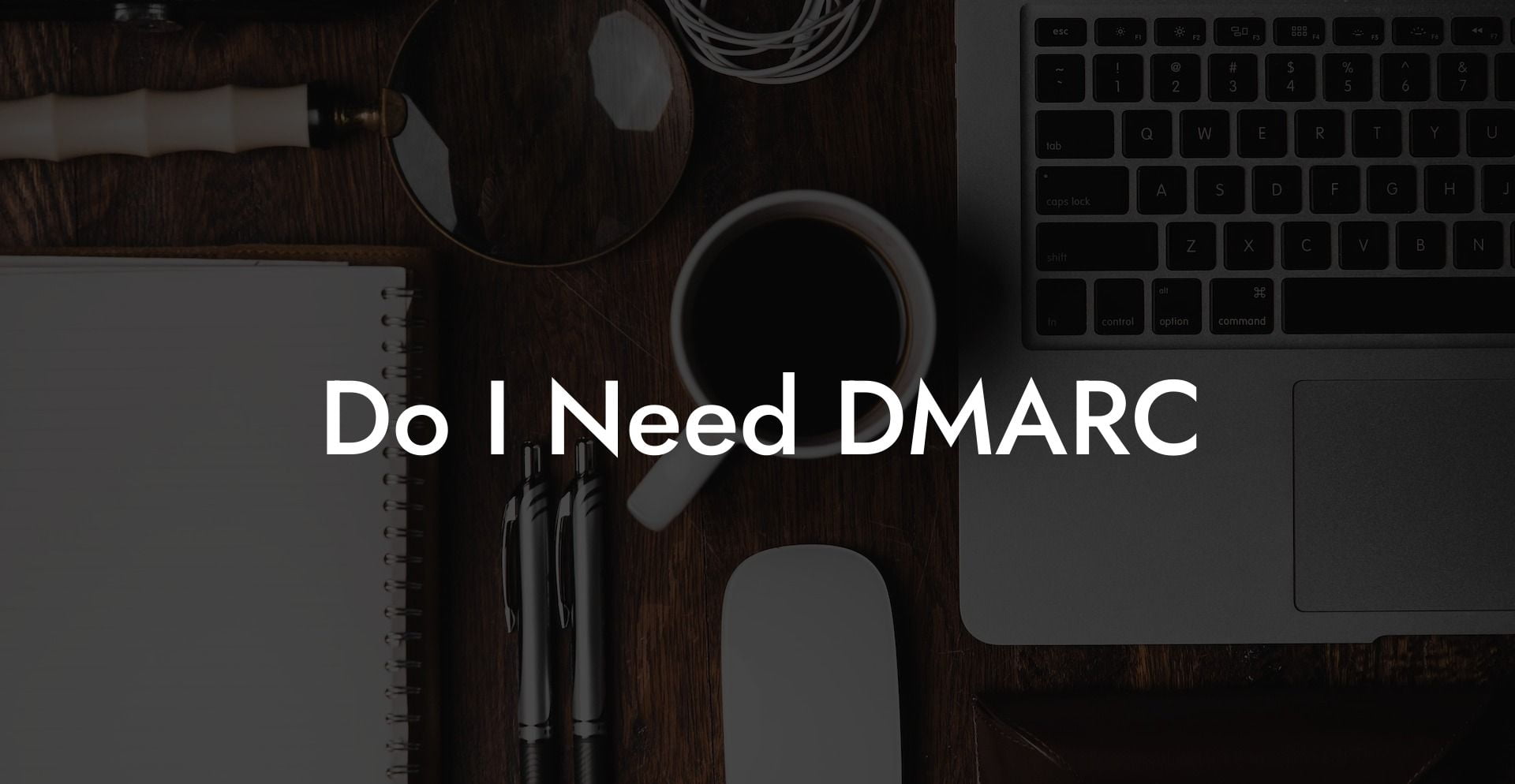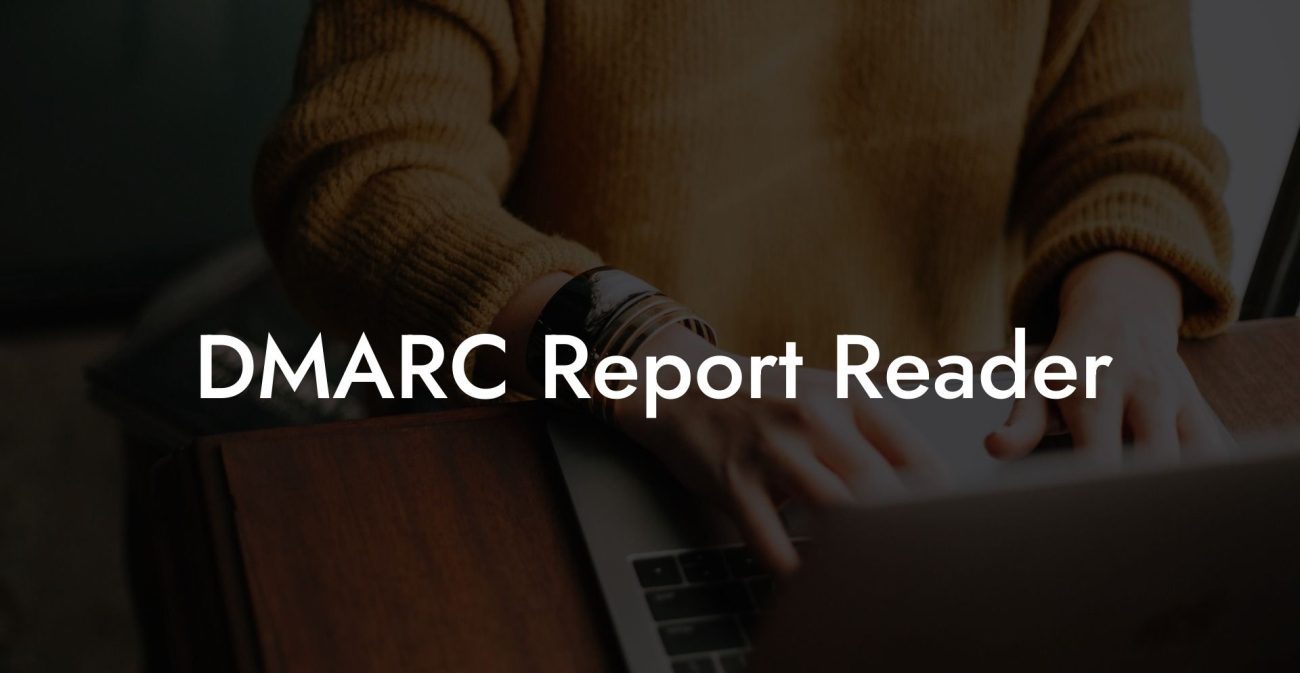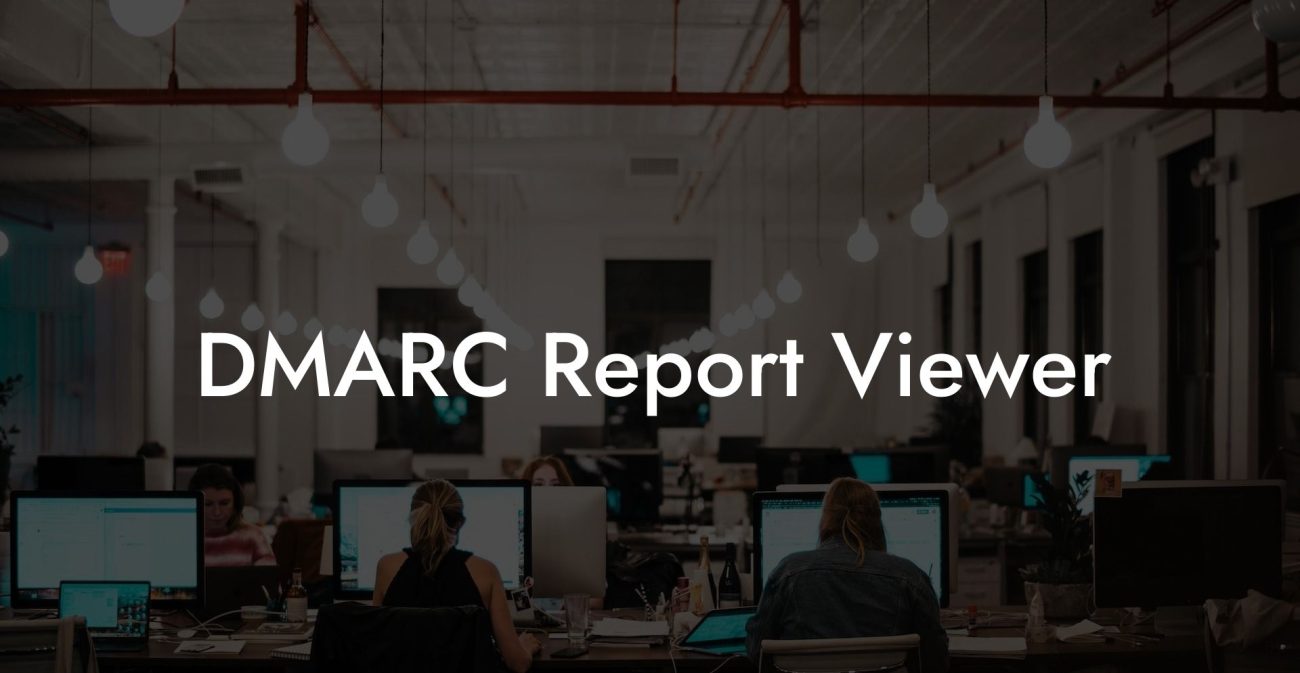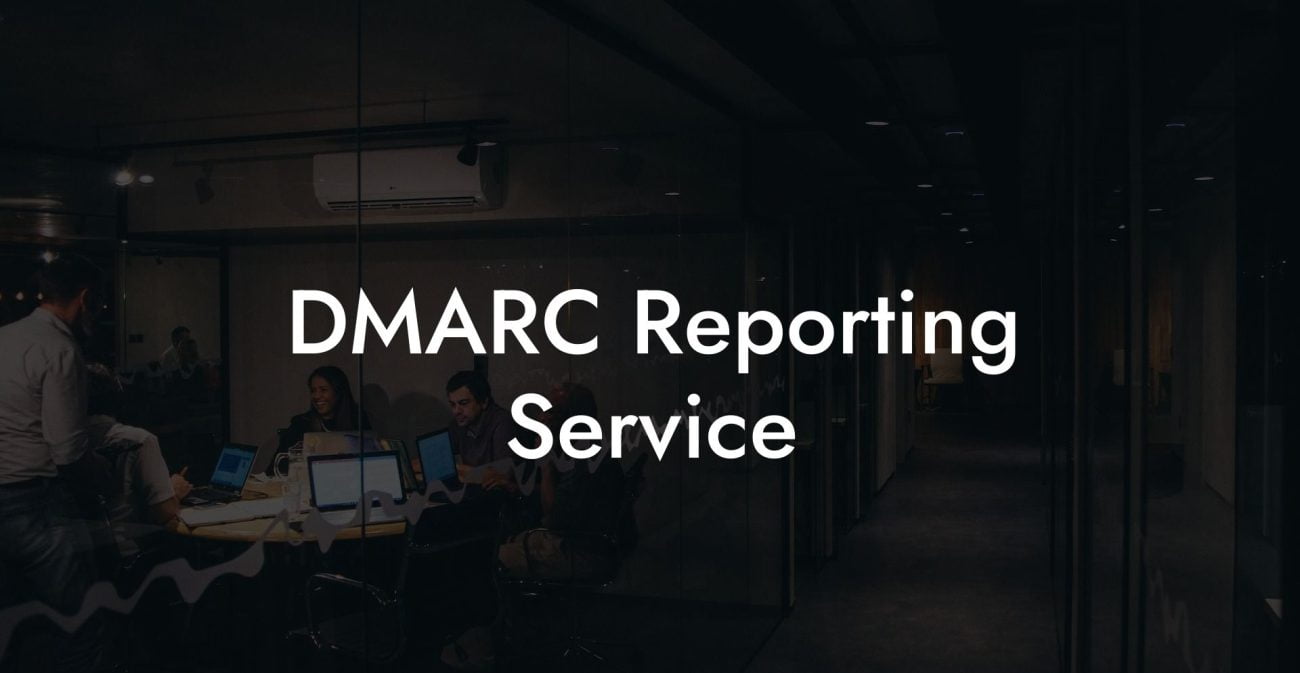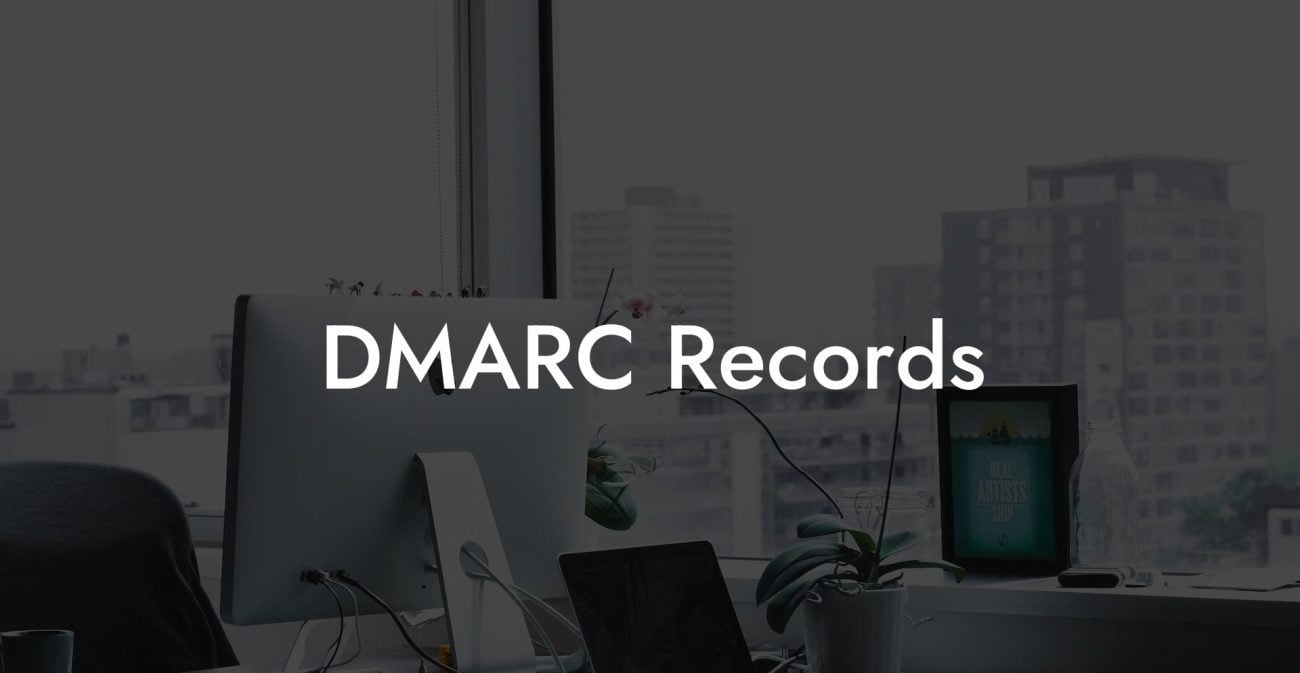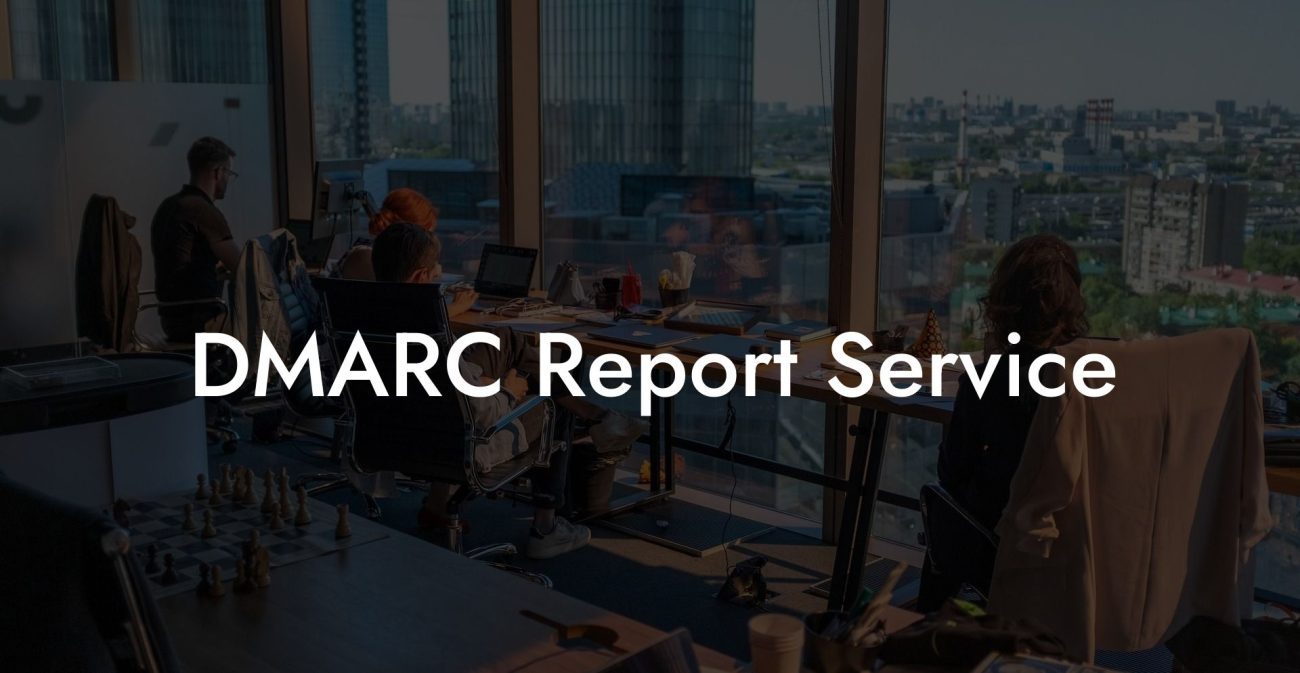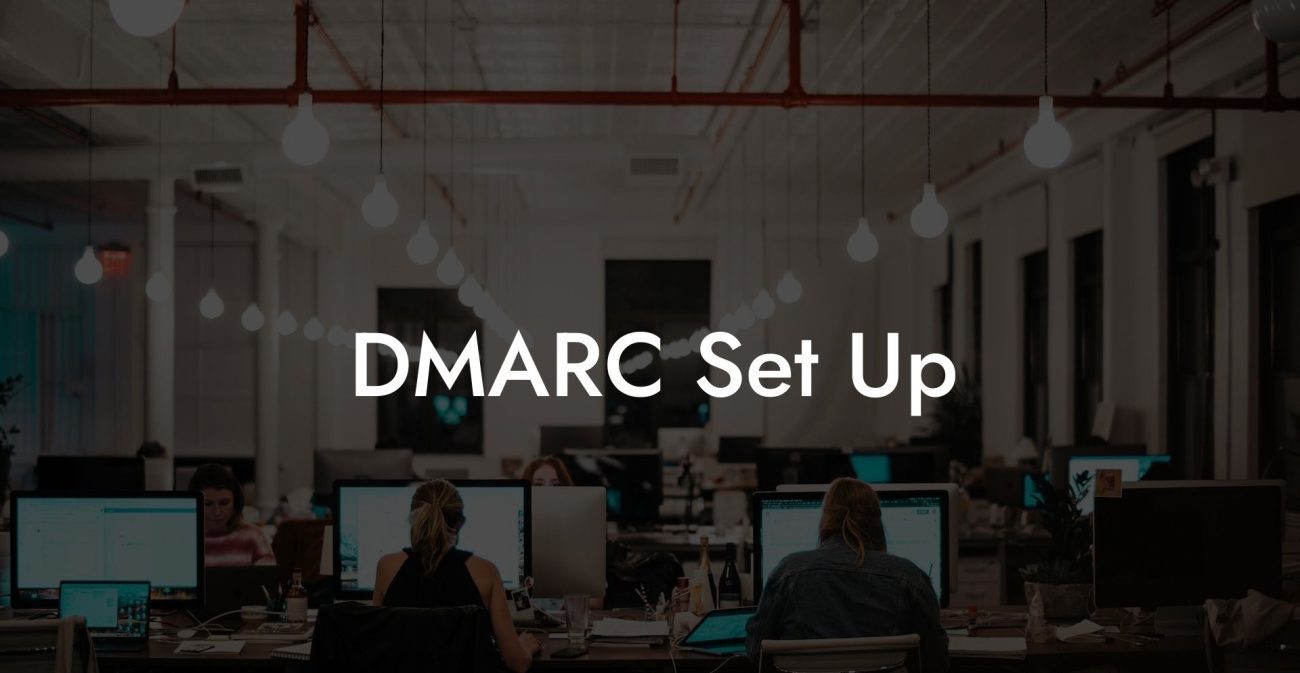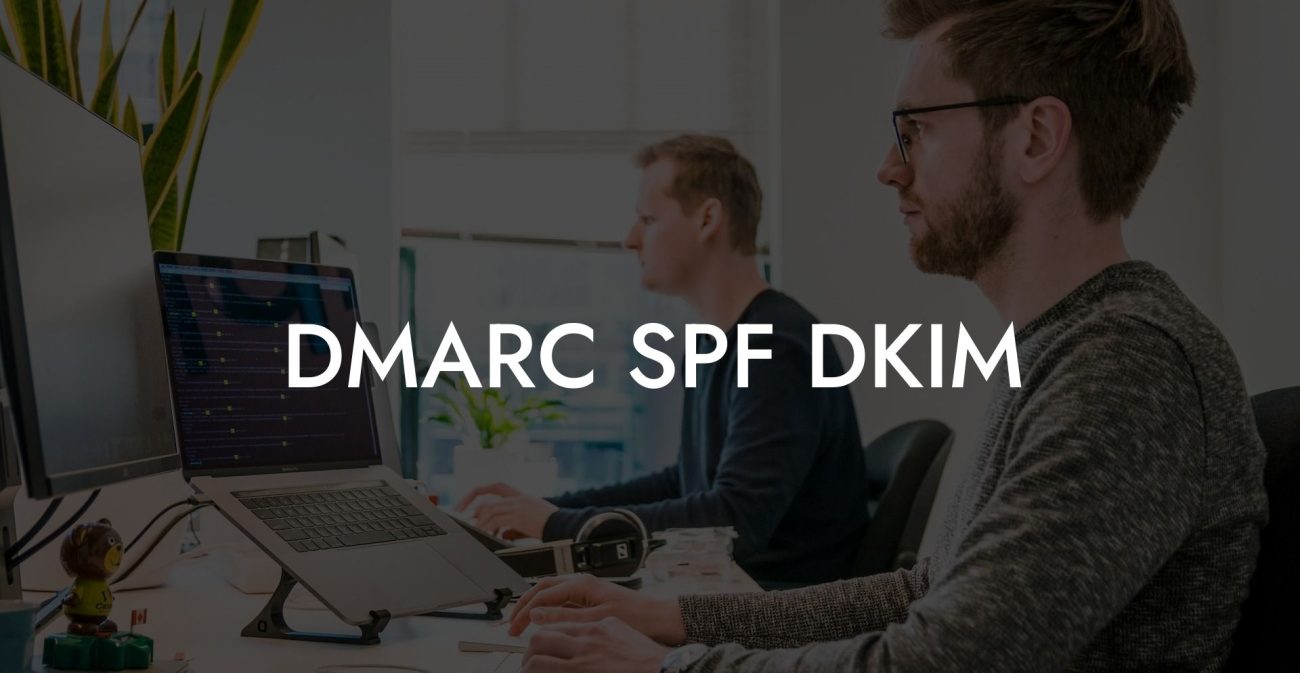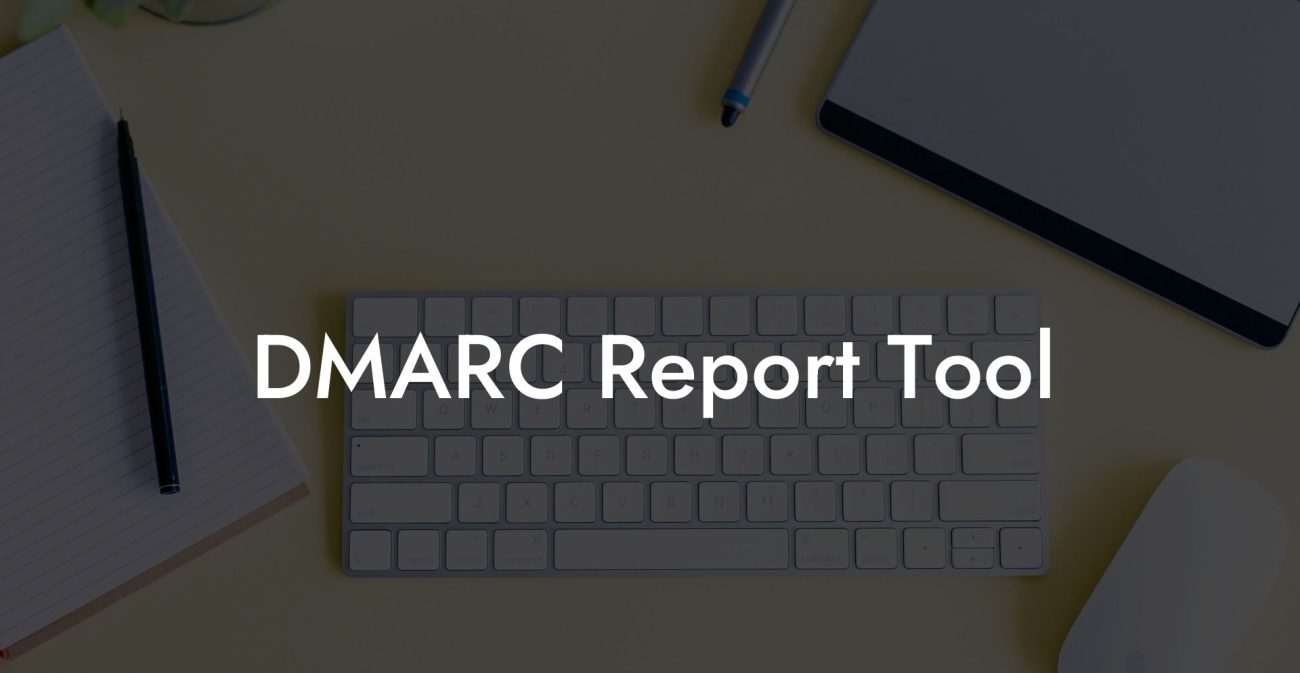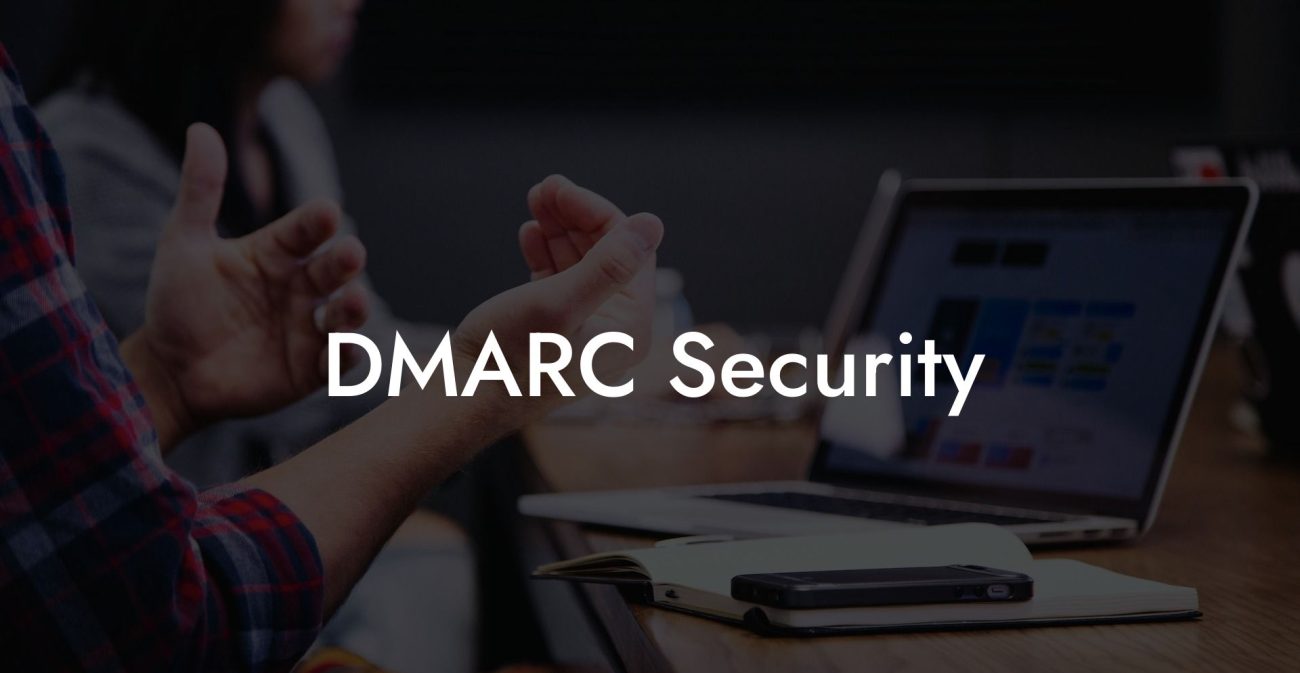The internet can be a dangerous place for businesses, with scams and cyberattacks posing a constant threat. One of the biggest cybersecurity challenges is protecting against email spoofing and phishing attacks. One solution to this problem is Domain-based Message Authentication, Reporting, and Conformance (DMARC). In this blog post, we will dive into the world of DMARC, unravel its benefits, and help you decide whether it's an essential tool for your organization.
What is DMARC?
Domain-based Message Authentication, Reporting, and Conformance (DMARC) is an email authentication protocol that helps businesses protect themselves from email spoofing and phishing attacks. DMARC verifies that the email's originating domain is legitimate and authorized by the domain owner, thus reducing the chances of a forged email reaching its recipient.
Protect Your Data Today With a Secure Password Manager. Our Top Password Managers:
DMARC builds on two essential email authentication techniques: Sender Policy Framework (SPF) and DomainKeys Identified Mail (DKIM). In simple terms, SPF verifies that the email is sent from an authorized IP address, while DKIM ensures that the email's content is not tampered with during transit.
Benefits of DMARC
- Improves email delivery. By implementing DMARC, you reduce the risk of your domain being used for phishing and spamming. This improves your domain's reputation and ensures that genuine emails are more likely to be delivered to their recipients.
- Greater visibility and control. DMARC reporting provides insights into your email ecosystem, revealing unauthorized or misconfigured sources, which can help you improve your email security.
- Enhanced brand protection. DMARC helps in protecting your brand reputation by stopping spoofing and phishing attacks targeting your customers, partners, and employees.
Who Needs DMARC?
While the benefits of DMARC are clear, it is essential to evaluate whether your organization needs to implement this authentication protocol. Here are a few factors to consider:
- Email volume and domain reputation. If your organization sends a large volume of emails and relies on email communication for business processes, implementing DMARC can help improve your email deliverability and domain reputation.
- Sensitive customer data. Businesses that handle sensitive customer information or credentials should deploy DMARC to minimize the risk of phishing attacks and data breaches targeting their users.
- Brand value and perception. If your organization has a strong brand value and is susceptible to cybercriminals using your domain for malicious purposes, DMARC aids in protecting your brand reputation.
Do I Need DMARC Example:
Company XYZ is a growing fintech startup that relies heavily on email communications for customer support, sales, and marketing. This company handles sensitive customer data, such as financial transactions and personal information. In recent months, Company XYZ noticed an increase in phishing attacks using their domain, which led to customer complaints and tarnished brand reputation.
After identifying the potential risks and analyzing the situation, Company XYZ decided to implement DMARC to protect its email communications and domain authenticity. This proactive step not only helped in reducing spoofing and phishing attacks but also improved their email deliverability and ultimately enhanced their brand reputation.
In conclusion, DMARC is an effective solution for businesses concerned about email spoofing, phishing attacks, and protecting their brand reputation. While it might not be necessary for every organization, it is crucial to carefully evaluate the risks and benefits of implementing DMARC in your email ecosystem. By taking a proactive approach to securing your email communications, you can confidently protect your business, customers, and brand reputation in the ever-evolving digital landscape.
If you found this guide helpful and informative, please share it with your network, and don't hesitate to explore other guides on Voice Phishing for even more insights into cybersecurity best practices.
Protect Your Data Today With a Secure Password Manager. Our Top Password Managers:

